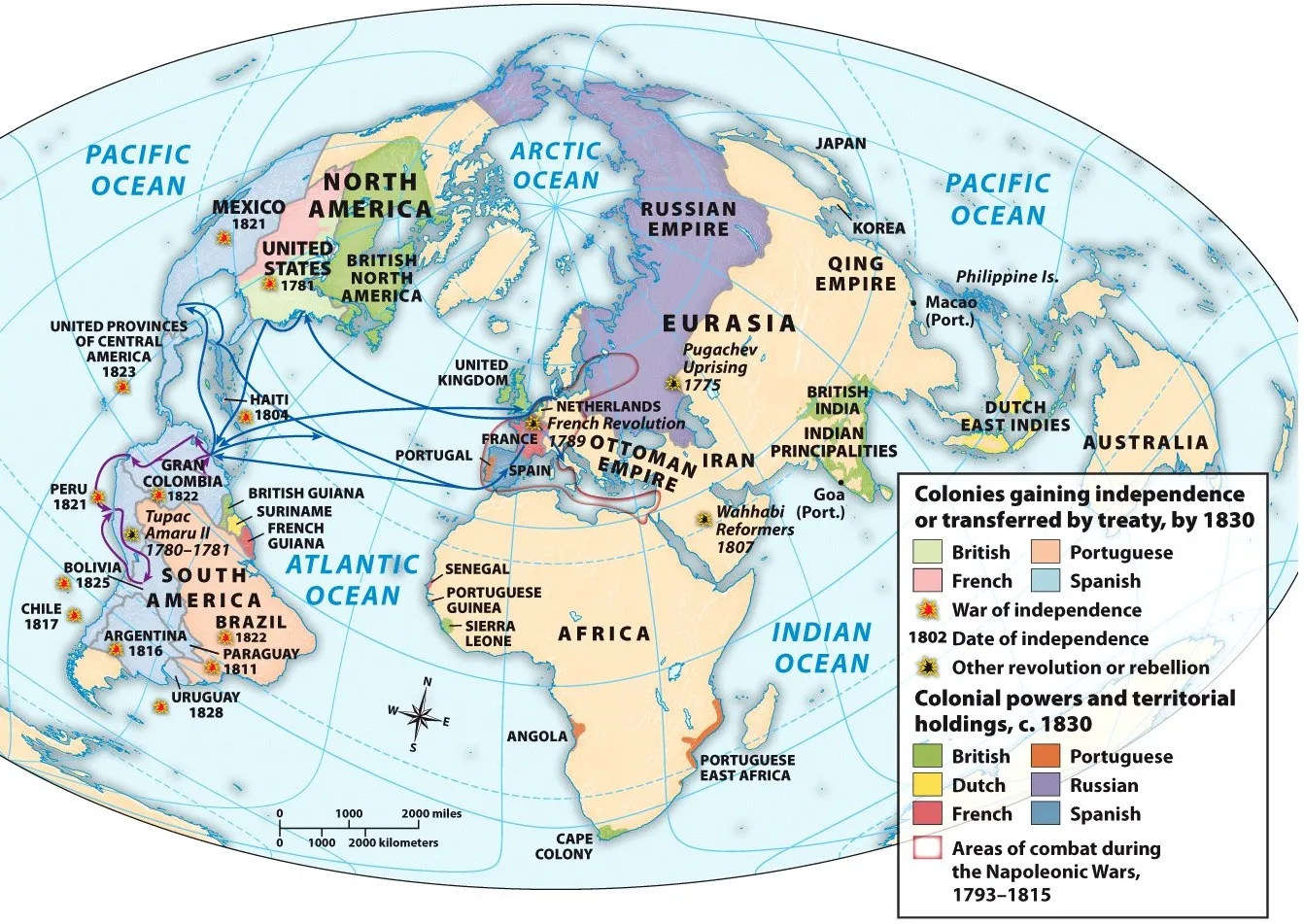Gender
“When Any of You Intend to Divorce”: Teaching Continuity and Divorce in the Medieval Islamic Middle East, c.600 - c.1600
A discussion of teaching continutiy using examples of divorce in the Islamic Middle East
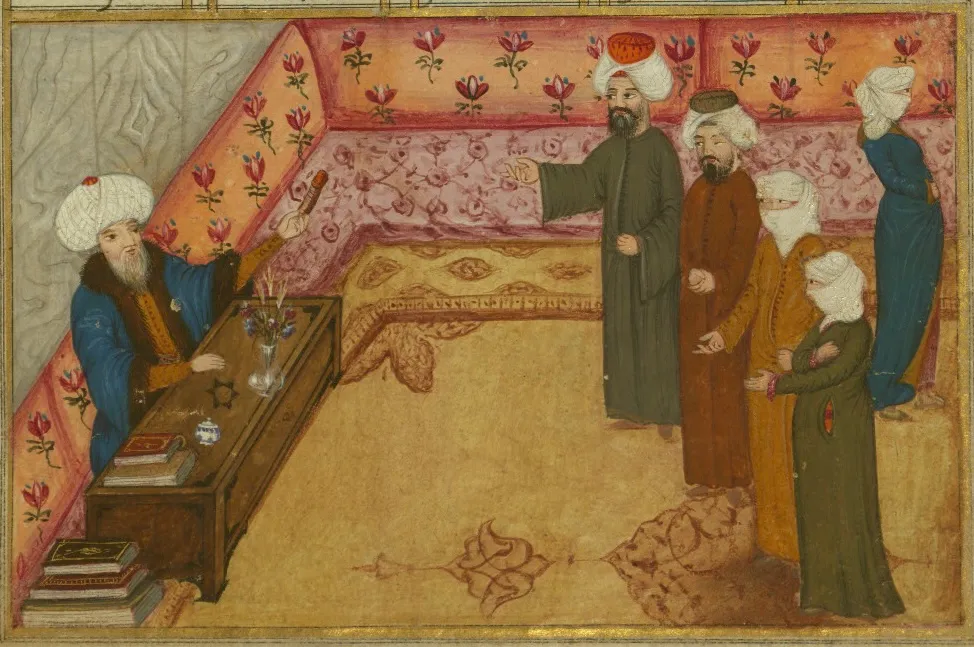
“All the Women of Cairo Would Have Taken Part”: Huda Sha’arawi and Egyptian Women’s Participation in the 1919 Revolution
Discussion of Huda Sha’arawi’s description of her participation in the Egyptian Revolution of 1919

“Colonialism in all its Manifestations is an Evil”: Teaching Decolonization, 1914 to Present
Discussion of how to teach decolonization in world history courses and centering the agency of colonized peoples
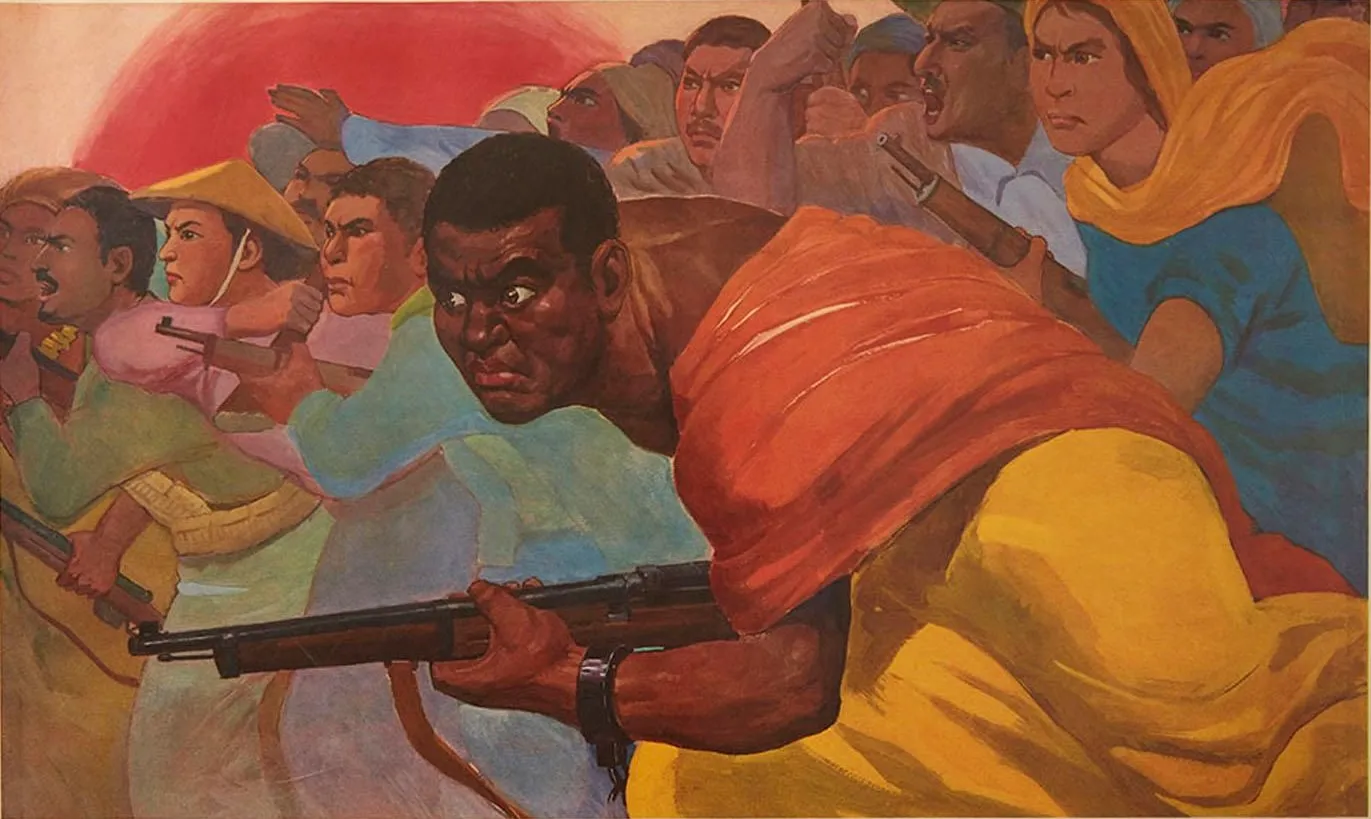
“They Know the Peacebreakers but not the Peacemakers”: Teaching Dissent, Pacifism, and Women’s Activism in the First World War
A discussion of women’s peaceful protest during the First World War and using secondary sources in the world history classroom.
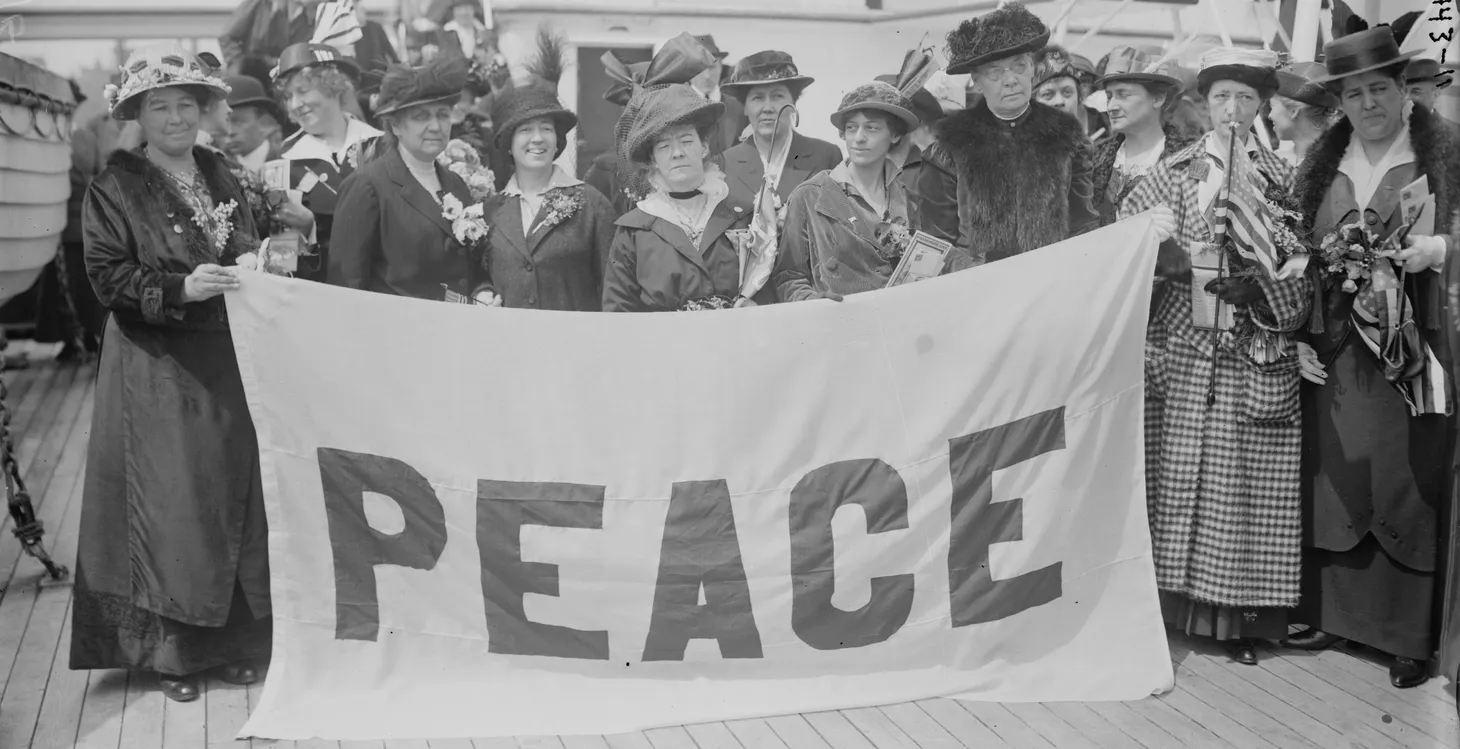
“The Sacred Flame of Liberté”: Teaching the Revolution of the Haitian Revolution
A discussion of teaching the role of women and Toussaint Louverture in the Haitian Revolution.
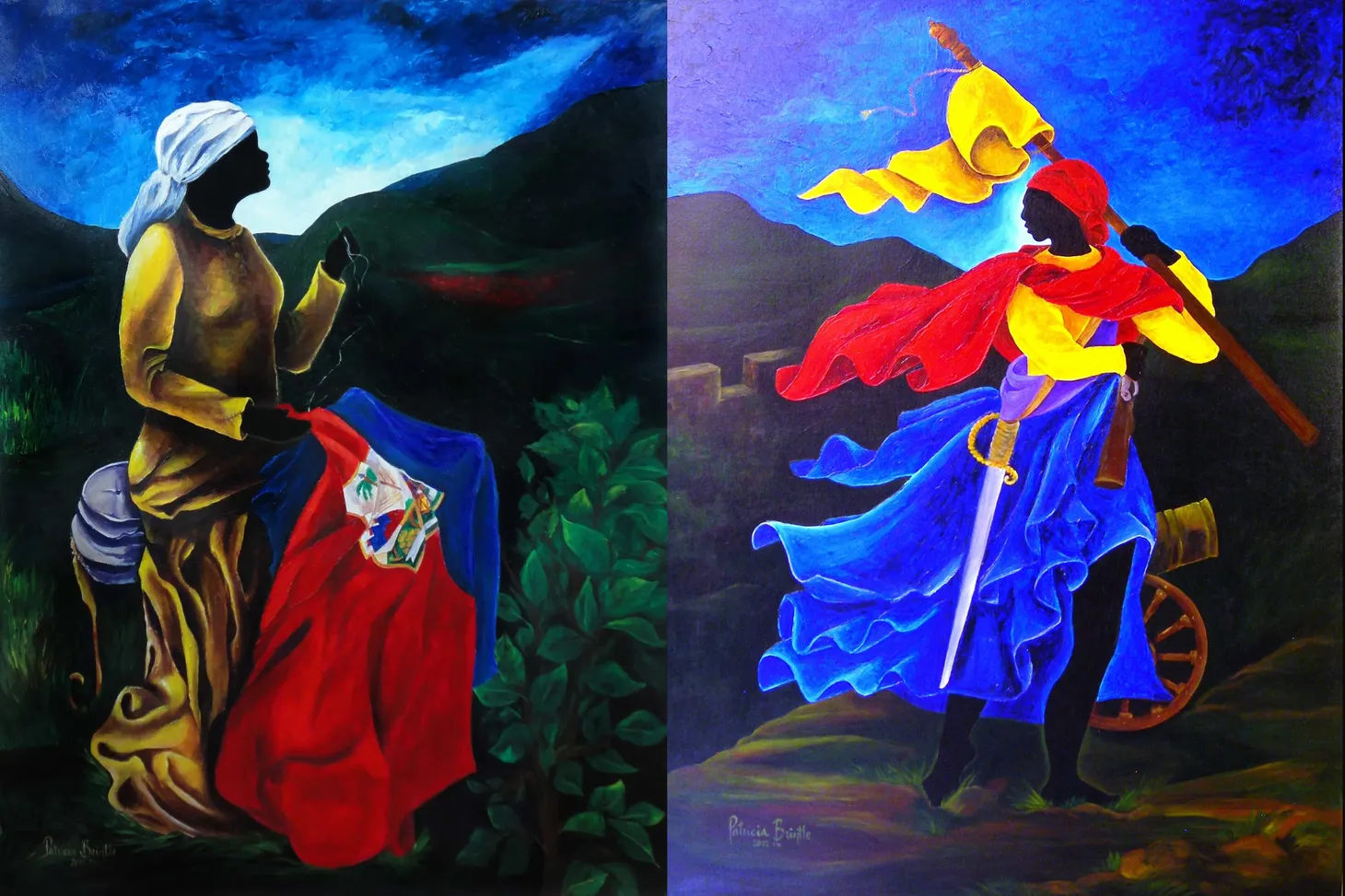
“To Fend for Existence in the Poorest Conditions”: Women and Decolonization in 1963
A discussion of how we can use a speech from 1963 to discuss decolonization, gender roles, feminism, and the Cold War.
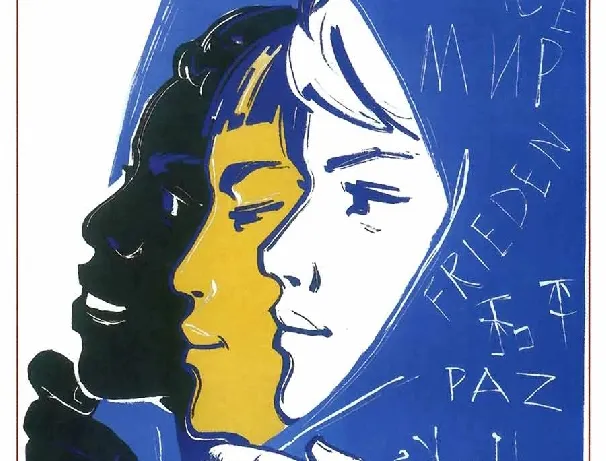
“Each is the child of his mother”: Historical Imagination and Gender in Medieval West Africa
A discussion of the challenges of teaching gender in medieval West Africa and how we can use historical imagination to help students understand different perspectives.
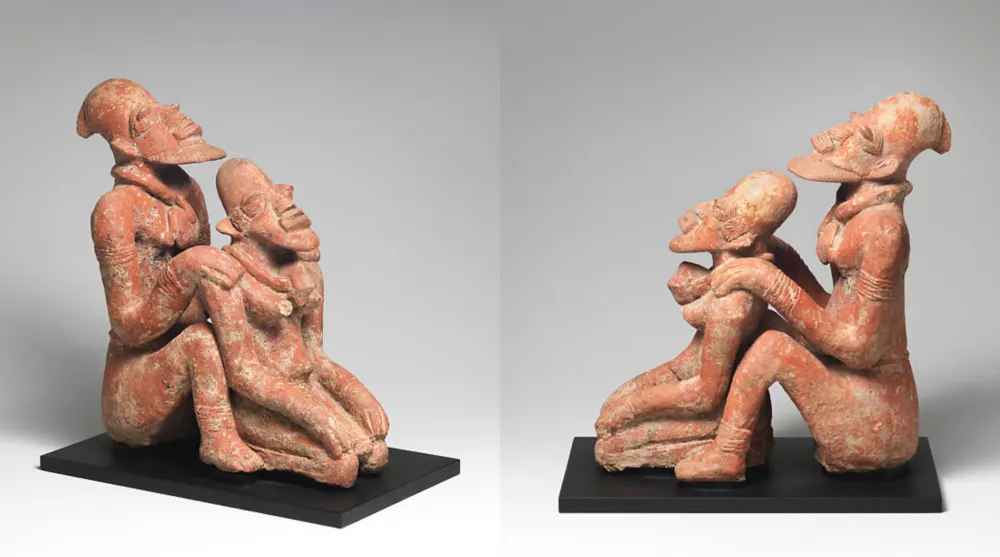
“A Right Notion of Life”: The Ottomans in 1700
A discussion of teaching the Ottoman Empire in 1700 using an image of the Sultan’s mother drinking coffee.
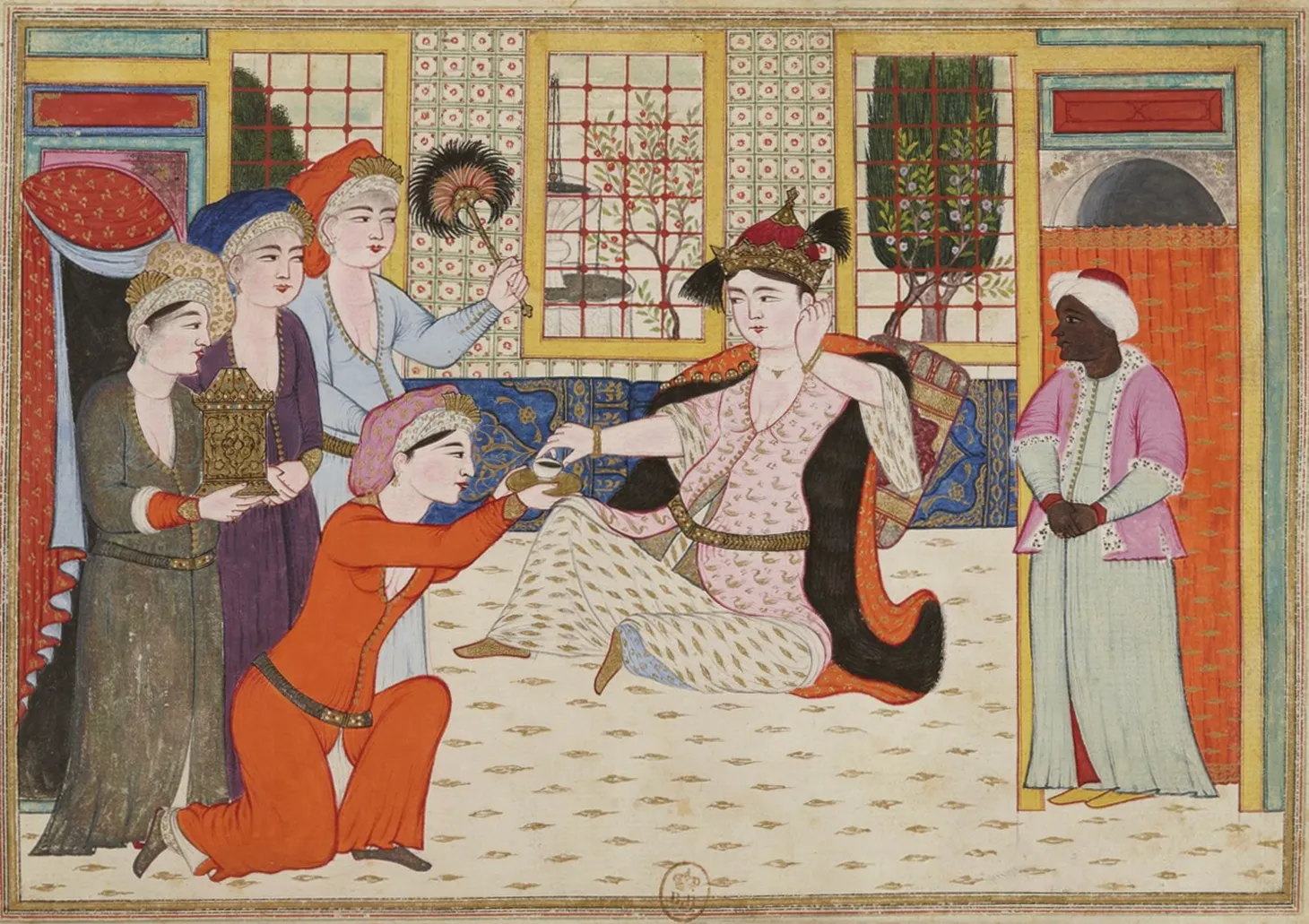
“Addicted to the Coffeehouse”: Snapshots from the Ottoman Empire
A discussion of the challenges of teaching the Ottomans in world history courses and how to use an Ottoman coffeehouse to teach about the empire
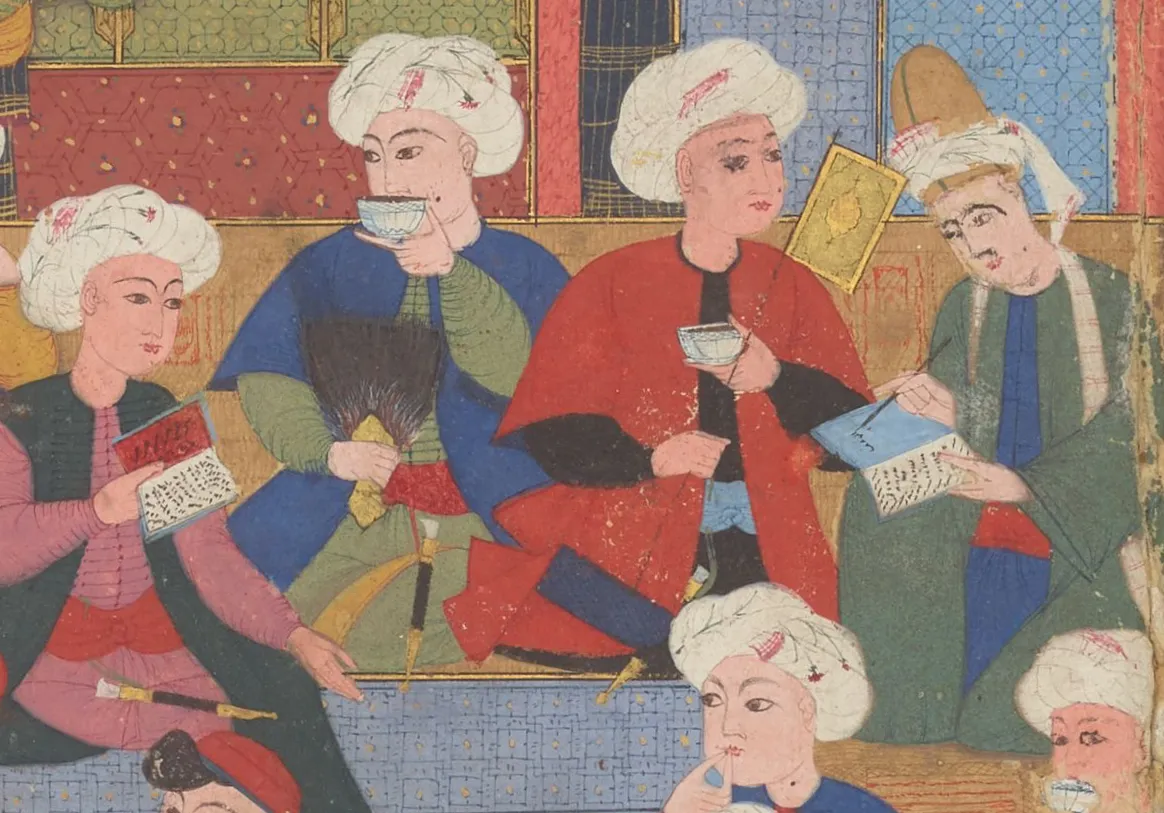
Revolutionary Revolutions: Rethinking how we teach the political revolutions between 1750 and 1900
Dear #APworld teachers, if you want a fresh, global approach to teaching revolutions, come check out our #whapchat discussion this week led by @ERBeckman and @bramhubbell - I know I’m spending some time this weekend revamping my lessons! #sschat #worldhistory #historyteacher https://t.co/Av5nMPkyfp — Angela A. Lee (@mrshistorylee)
